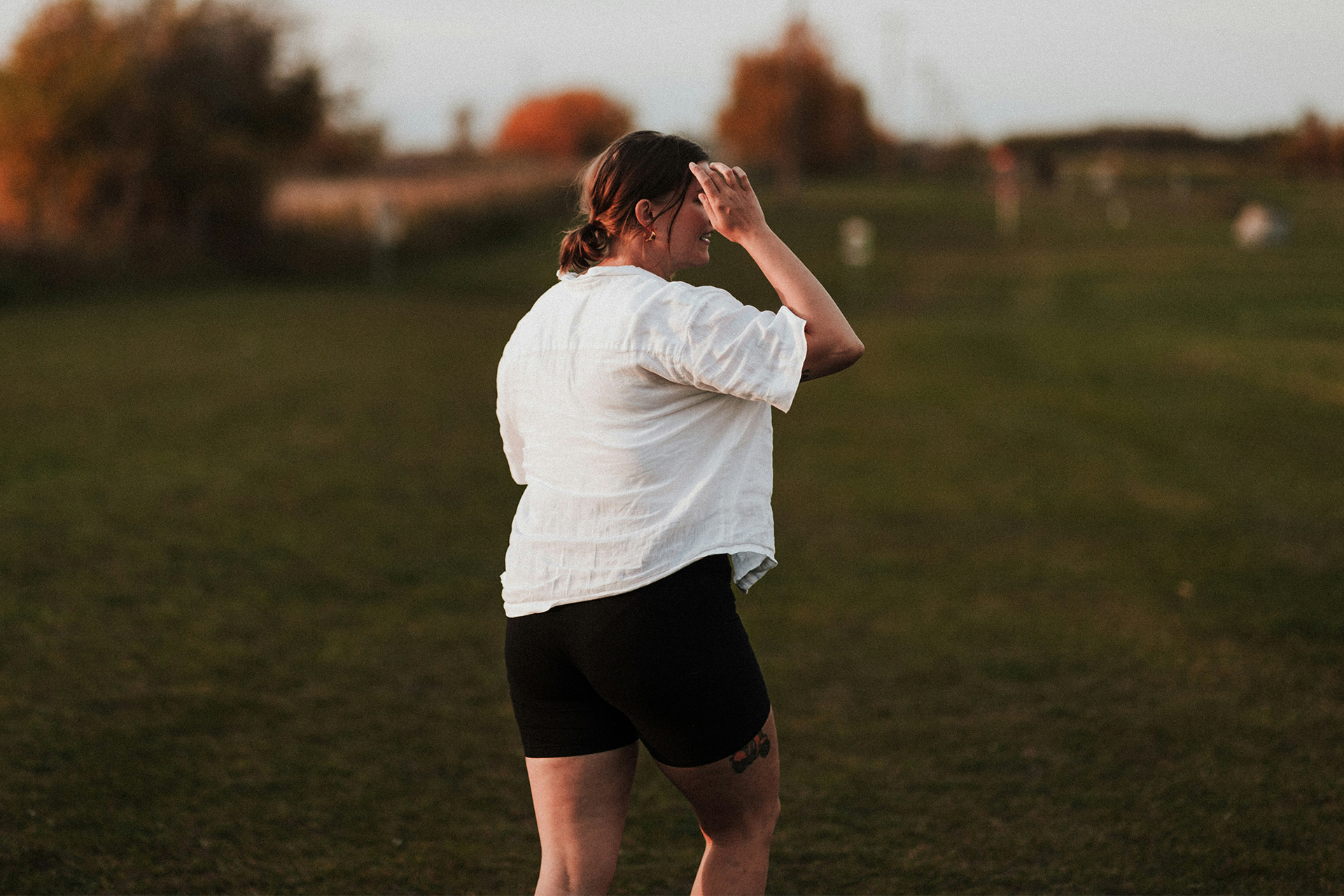Ovarian Cysts: Causes, Prevention, and Natural Solutions

In This Article, You’ll Learn:
✅ What ovarian cysts are and how they form.
✅ Why some women develop cysts repeatedly.
✅ How nutrition, hormones, and lifestyle play a role in preventing ovarian cysts naturally.
What Are Ovarian Cysts? Understanding the Basics
Many women are diagnosed with ovarian cysts at some point in their lives, and for some, they come and go without symptoms. But what exactly are cysts, and why do they form?
✅ Ovarian cysts are fluid-filled sacs that develop in the ovaries.
✅ While most cysts resolve on their own, some may persist or cause symptoms like bleeding, stabbing ovarian pain, and pain during sexual intercourse..
The Science Behind Cyst Formation:
Your ovaries contain multiple follicles (tiny fluid-filled sacs), each carrying an egg. During ovulation, one dominant follicle matures and releases an egg. After ovulation, what’s left of this follicle should shrink and transform into the corpus luteum, which produces progesterone.
However, a cyst forms when the process of shrinking the corpus luteum doesn’t go as it should instead of shrinking, it begins to grow into a cyst, usually filled with follicular fluid, and sometimes with blood.
Why Do Ovarian Cysts Form? Common Causes
There is always a reason. From my clinical experience, the most common (and often the only) reason for cyst formation is nutrient deficiencies.
Why do deficiencies matter so much when it comes to cysts?
👉🏻 Your ovaries prepare an egg for ovulation over the course of around 100 days. Everything that happens in your ovaries over those 3–4 months requires nourishment – specifically, vitamins and minerals.
👉🏻 Then, the follicle ruptures, the egg is released, and a gland (the corpus luteum) is built within a very short time to produce progesterone. This entire process demands a massive supply of nutrients.
So if you’re not nutritionally replete, if your body lacks the necessary vitamins and minerals, cysts will keep forming.
The 3 most common deficiencies:
1. Iodine
The ovaries are especially sensitive to iodine levels in the body. According to my own clinical observations, 9 out of 10 women show signs of iodine deficiency. It’s important to test your levels – preferably using a 24-hour urine collection method.
Why is iodine essential?
- It’s crucial for thyroid function and hormone production.
- It supports the health of glands such as the breasts, ovaries, and uterus.
- It ensures proper sensitivity to estrogen, helping to balance hormones.
2. Vitamin A and D
These fat-soluble vitamins work synergistically and are critical when it comes to ovarian health. That’s why they’re mentioned together—they support many of the same processes and functions.
Why are they important?
- They are essential for optimal thyroid function.
- They support liver function, which plays a central role in hormone metabolism.
- They influence cell division and tissue development, which occur rapidly in the ovaries, especially during follicle maturation and corpus luteum formation.
3. B Vitamins
The best sources of B vitamins include bee pollen and organ meats. These vitamins play a crucial role in every stage of ovulation.
Why are they important?
- They participate in enzymatic reactions essential for cellular activity and energy.
- They support liver function and help eliminate excess estrogens.
- They have a significant impact on the nervous system, which is closely connected to hormonal health.
Do You Have Ovarian Cysts? Signs & Symptoms

Sometimes cysts are harmless and resolve on their own, but in some cases, they can cause symptoms such as:
✔ Pelvic pain or pressure, especially before your period
✔ Irregular cycles or spotting between periods
✔ Bloating or feeling of fullness in the lower abdomen
✔ Pain during intercourse
If your cysts keep coming back, it’s a sign that your body needs deeper hormonal support.
Natural Strategies to Prevent and Manage Ovarian Cysts
Instead of relying on birth control pills to “manage” cysts, focus on supporting your body naturally.
1. Correct Nutrient Deficiencies
✔ Iodine (found in seaweed, fish, and eggs) is critical for ovarian health.
✔ Vitamin A & D (from animal sources like liver and cod liver oil) support proper follicle development.
✔ B Vitamins (especially B6 & B12) help regulate ovulation and hormonal function.
Will You Always Have Ovarian Cysts?
No, ovarian cysts don’t have to be a lifelong struggle.
When you identify and address the underlying causes, you can prevent future cyst formation and support healthy ovulation.
Key Reminders:
✔ Cysts are often caused by nutrient deficiencies.
✔ Your diet, stress levels, and detox pathways play a major role in preventing cyst recurrence.
✔ Birth control doesn’t “cure” cysts -it only suppresses symptoms without addressing the root cause.
Take Control of Your Ovarian Health
Ovarian cysts are not just bad luck – they are a sign that your body needs support. By balancing your hormones naturally, improving nutrition, you can break the cycle of recurring cysts and regain control over your health.
Struggling with ovarian cysts? Let’s find the root cause together.



